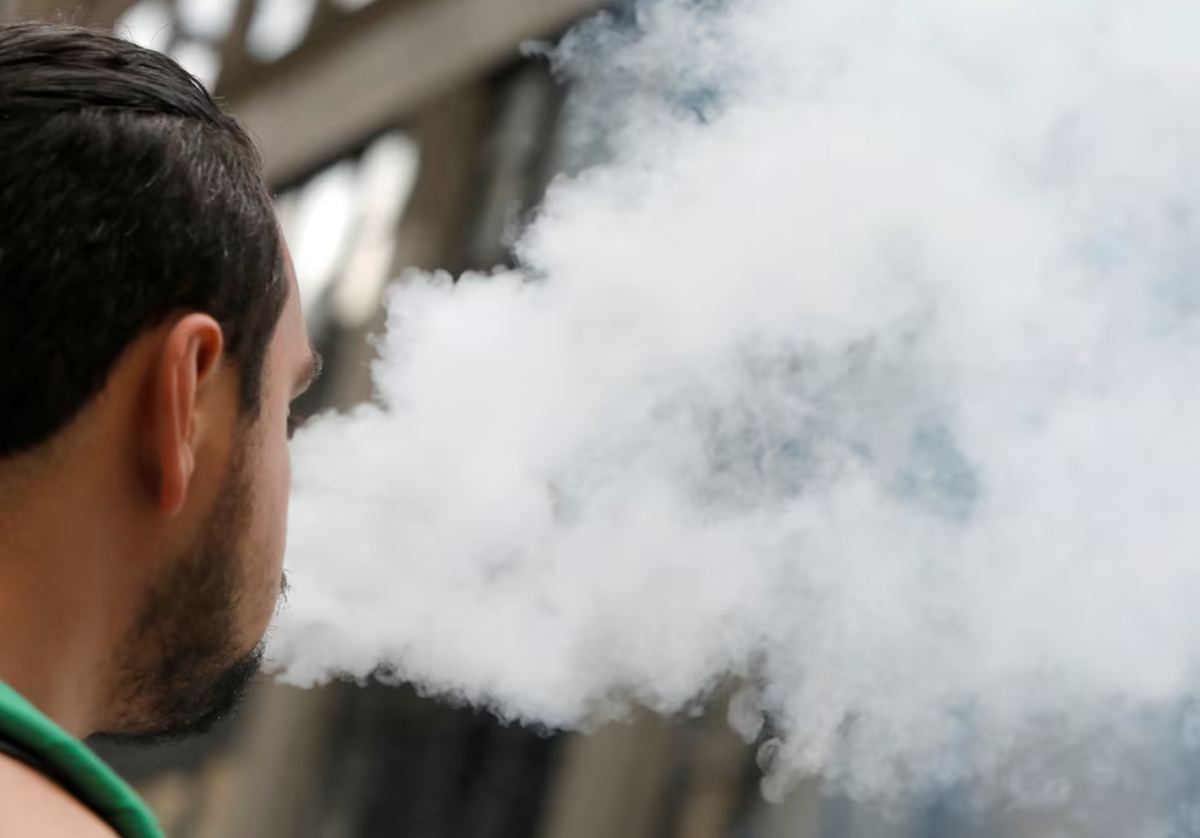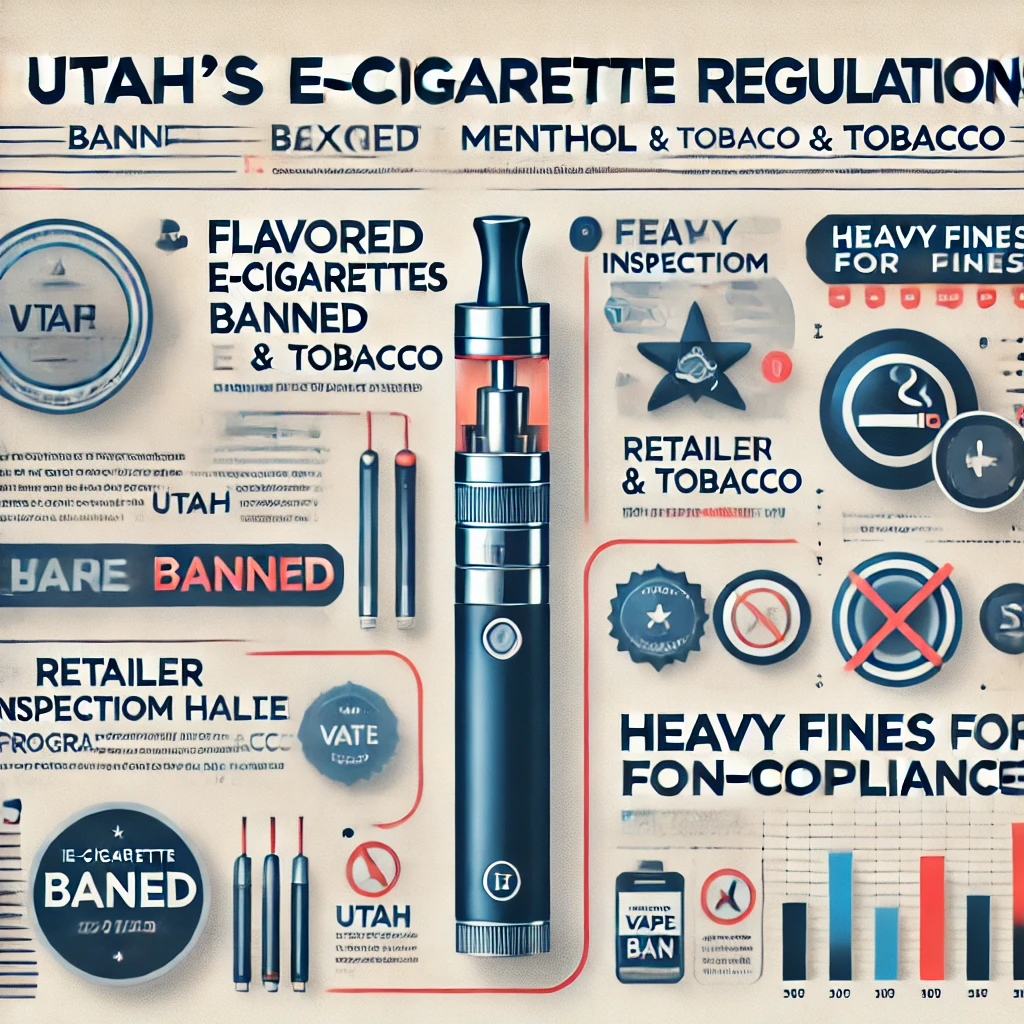Utah's E-Cigarette Regulations Partially Enforced: Flavor Ban Implemented, Inspection Program Halted
A recent court ruling has impacted the implementation of Utah's new e-cigarette regulations. A federal judge has allowed the state to enforce the flavored e-cigarette ban while suspending the inspection program targeting retailers. Business owners fear the ban may drive the market underground, whereas state officials believe the law will help protect minors from tobacco-related harm.

According to ABC4 on March 25, U.S. District Judge David Barlow ruled on March 24 regarding Utah’s new e-cigarette law. The decision allows the state to enforce the flavored e-cigarette ban while temporarily blocking the retailer inspection program.
The e-cigarette law was initially set to take effect in early 2025 but was delayed by legal challenges in December 2024. This ruling means that all flavored e-cigarettes, except for menthol and tobacco flavors, are now prohibited in Utah.
However, the judge determined that the inspection program could infringe on the Fourth Amendment rights of businesses. Under this program, authorities would have been granted the power to inspect financial records, inventories, and even conduct surprise searches to crack down on illegal e-cigarette sales. The judge has temporarily suspended this part of the law.
Utah’s e-cigarette law (S.B. 61), introduced by Senator Jen Plumb, aims to reduce youth access to nicotine products.
The law mandates that all e-cigarette products must be registered online with the Department of Health and Human Services, detailing their flavors and nicotine content. Retailers selling unregistered products may face severe fines, including $1,000 per product and an additional $100 per day for each unregistered product that remains on the market.

Utah Attorney General Derek Brown supported the court’s ruling, stating that it would better protect children from the dangers of e-cigarettes.
However, local retailers expressed concerns. Beau Maxon, the owner of an e-cigarette shop, argued that the ban could lead to a rise in illegal sales, reversing previous progress in controlling youth vaping. Citing SHARP survey data, he pointed out that between 2019 and 2023, Utah’s youth vaping rate had significantly declined, suggesting that existing regulations were already effective.
"When the legal market is shut down, the black market thrives," Maxon warned. "Not only could youth usage increase, but traditional cigarette consumption might also rise."
As the legal battle over Utah’s e-cigarette regulations continues, the final outcome of the law remains uncertain.